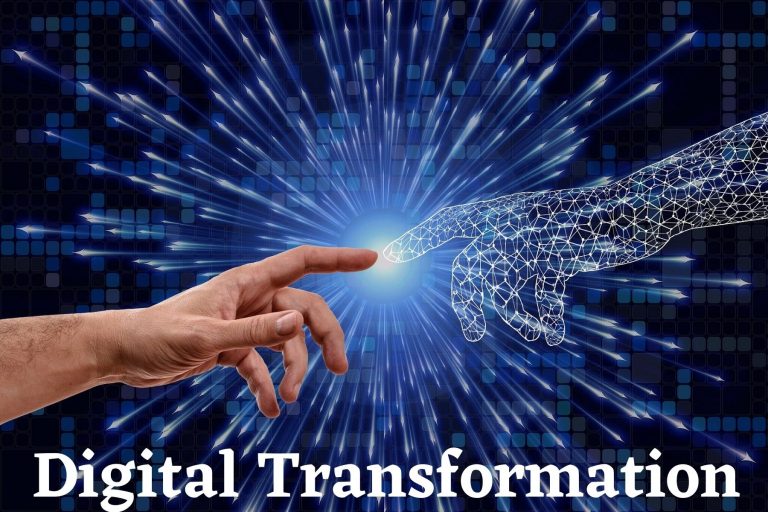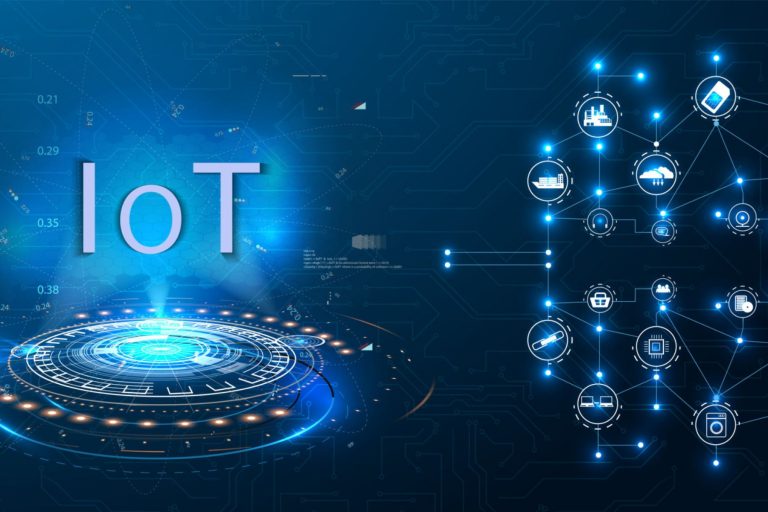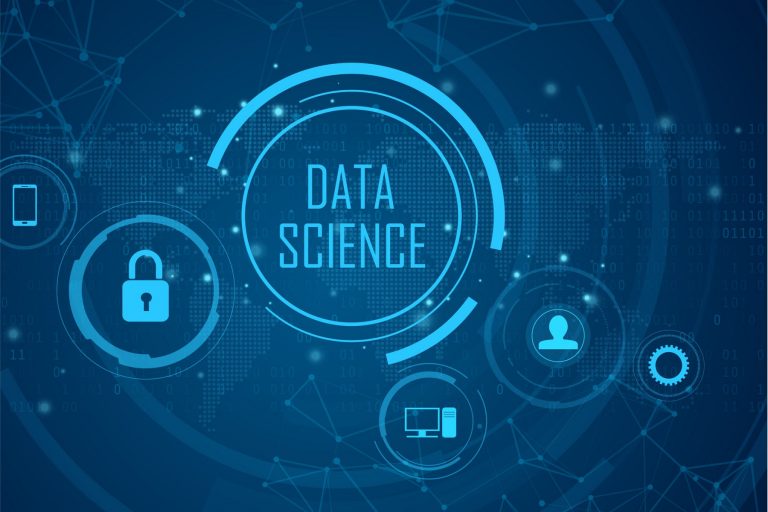Leading companies are evaluating their sustainability goals as a result of the pandemic-related events over the past two years.
Regulatory standards are being issued by governments. Sustainability parameters are increasingly being considered by investors and financial managers when making investment decisions.
Furthermore, buyers and employees who have grown far more environmentally sensitive are seeking out companies and organizations that share their values. These combined forces are helping to create a new corporate agenda.
“Sustainability has earned a place at the table in boardroom and operational management discussions.”
Challenges Hindering Sustainable Practices
According to a recent study, 35% of businesses have implemented a sustainability plan. Only four out of ten businesses have identified actions to fix their sustainability gaps or improve drivers for sustainability. In addition to that, only a third of companies have integrated sustainability goals and indicators into their business processes.
To achieve sustainability goals, businesses require actionable environmental insights. Existing practices, on the other hand, are typically inefficient and complex, necessitating a lot of manual labor, climate and data science expertise, and computing capacity to fully harness their data.
The good news is that, in this new era, digital transformation may assist firms in being robust, adaptable, and lucrative. Here are four ways that a well-thought-out data and AI strategy would help reshape a company’s operations around a sustainability goal.
Digital Transformation Strategies to Meet Sustainability Goals
1. A Resilient Infrastructure is the Need of the Hour
Companies must extend the life of their buildings, bridges, and water lines due tothe consequences of climate change and depleting natural resources.
Organizations can discover new opportunities to streamline their operations, save costs, minimize waste, attract more customers, build brand loyalty, and adopt new business models by investing in a digital transformation strategy to achieve sustainability obligations.
Remote monitoring and computer vision powered by Artificial Intelligence enable enterprises to seamlessly detect, predict, and prevent issues. They can also cut downtime and maintenance costs by facilitating condition-based maintenance which heavily relies on data & analytics and crucial operational data.
Companies can also minimize their spare parts inventory by improving asset management. In addition to that, organizations can also save money on energy by identifying a minor issue before it grows into a larger, more energy-draining problem.
2. Leverage Environmental Intelligence to Extract Business Insights
Companies that are subjected to a variety of external influences require more complex prediction technologies.
On one hand, consumer product firms need data to help them estimate environmental effects and make sustainable decisions. On the other hand, Insurance firms want to be able to predict policyholder disruption better — for example, giving clients earlier information about impending hailstorms could help them minimize damage.
Environmental intelligence capabilities leverage Ai-driven forecasts drawn from a combination of proprietary and third-party geospatial, weather, and IoT data to help businesses plan for and respond to weather disasters.
To accomplish environmental goals, these innovative solutions streamline and automate the management of environmental hazards and operationalizes underlying procedures, such as carbon accounting and reduction.
3. Build a Trusted &Transparent Supply Chain
Leaders in the supply chain need to be able to see what’s going on. They can overorder or use up working capital in excess if they can’t track the exact amount and whereabouts of their goods.
It’s also extremely difficult to trace products from point of origination through delivery in a trusted and controlled manner if supply chain leaders lack clarity and information sharing with their deep-tier suppliers. This makes it more difficult to identify and protect the brand from supplier risk.
Reaching supply chain sustainability goals necessitates a worldwide, accurate, real-time inventory picture, as well as the capacity to securely exchange information across the supply chain ecosystem.
Artificial Intelligence-based solutions assist businesses in avoiding obsolete and unsellable inventory, lowering carbon emissions from logistical activities, improving fulfilment decision-making, and reducing waste across raw materials, completed goods, and spare parts inventories.
ARSR is a software development company in San Francisco that holds expertise in a wide range of cutting-edge technology solutions such as Artificial Intelligence, Blockchain, Cloud Computing, Internet of Things (IoT) and many more. Planning to adopt some innovative technological solutions to start achieving those crucial sustainability goals? Then get in touch with ARSR to avail custom solutions for your organization!






